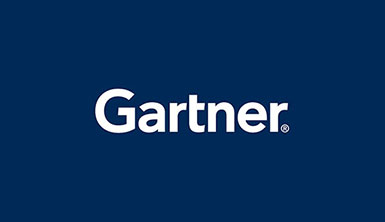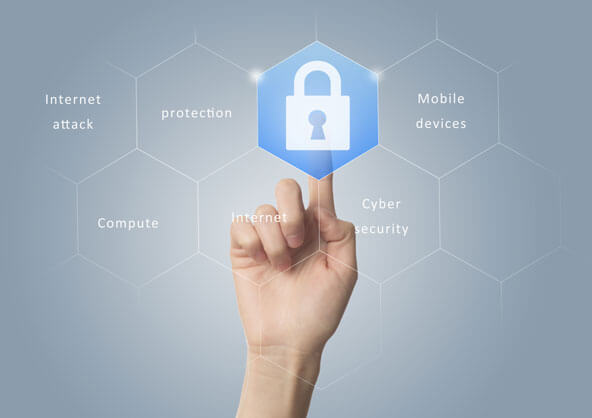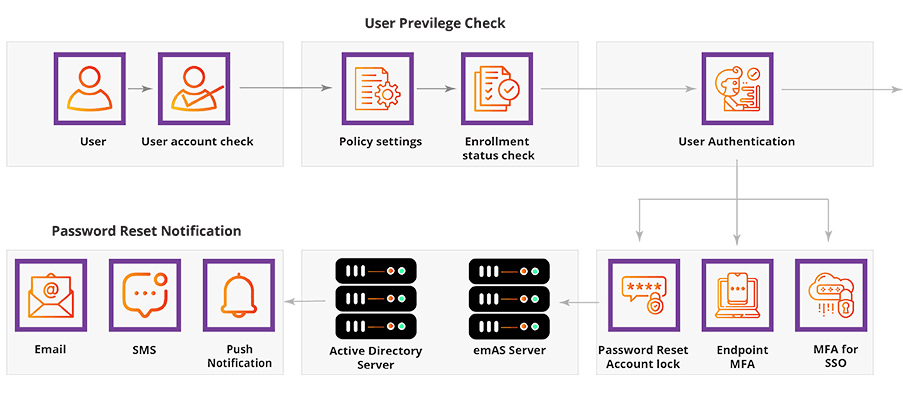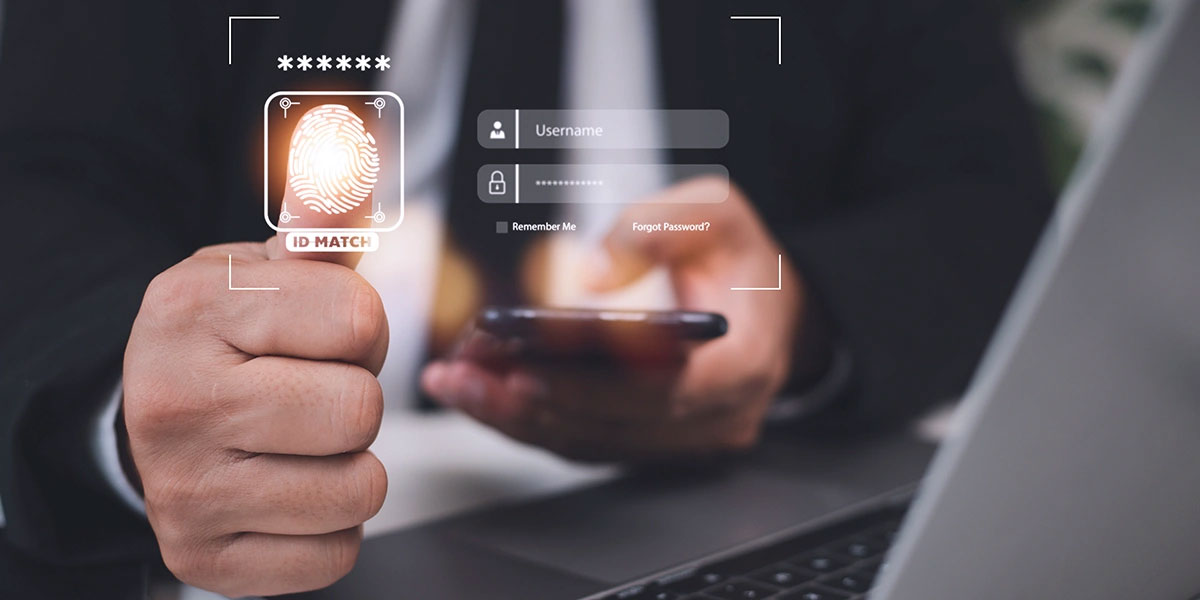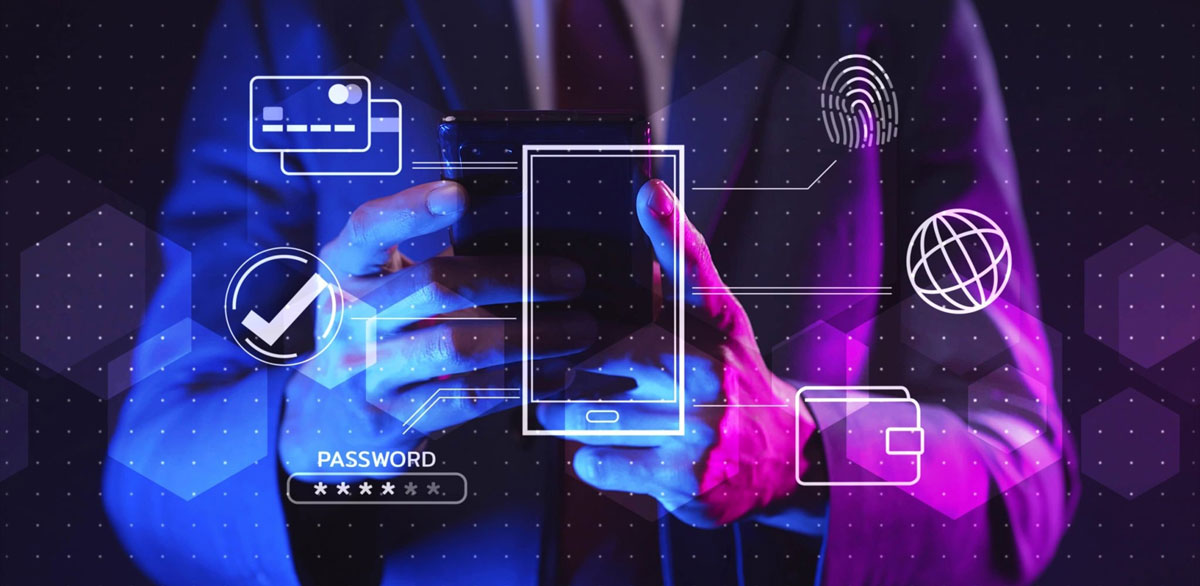
Get Application Access Control
Manage enterprise application accessibility through single sign-on (SSO) by using high-end authentication methods such as biometrics and other factors

SSPR with emAS MFA
Empower users to execute self-service password reset (SSPR) and account unlock operations, which can only be performed after validating their identity through the mandated authentication processes

Securing Endpoint Access
Protect access to machines (Windows, macOS, Linux OS), VPN, and OWA logins through the application of multi-factor authentication (MFA)

Comprehensive System Integration
Embrace the flexibility of emAS MFA as it seamlessly integrates with various systems - both cloud-based and on-premises - ensuring consistent security across all platforms.

Reduced Threat Exposure
Minimize your business' vulnerability to security threats. By requiring multiple forms of identity verification, emAS MFA significantly reduces the attack surface, enhancing overall security.

Improved User Experience
Boost user convenience without compromising security. emAS MFA enables effortless user identity validation, resulting in a streamlined authentication process that enhances both security and usability.
